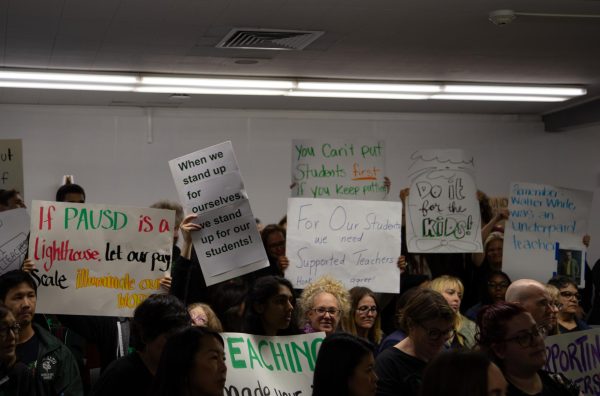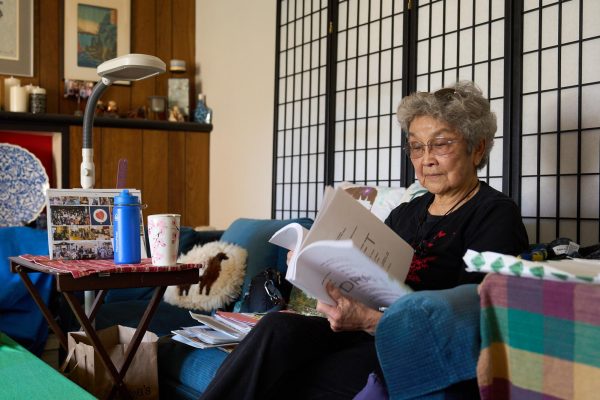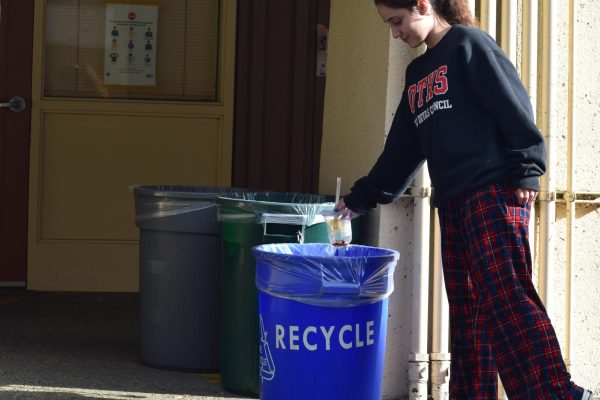Testing Troubles
Students express anxiety and relief as colleges shift to test optional optional admissions policy
When the ACT announced there would be more testing available this fall, like many students nationwide eager to grab one of the limited spots, Palo Alto High School senior Tara Kothari quickly hopped onto the ACT website.
But, she had to wait in a long virtual line behind many other students even to access the website, with no guarantee of securing a seat at one of the few open testing centers.
This struggle to find an opportunity to test isn’t new to Kothari.
“I’ve been trying to book an ACT or SAT ever since March,” Kothari said.
To her despair, after waiting for hours, the only test she could register for was in Oakland during December, which will be too late to submit for early college applications due in the fall and early winter.
Kothari is one of the many other students in the Class of 2021 who also face the same challenges.
As COVID-19 has spread nationwide, students have found it increasingly difficult to take standardized tests such as the SAT and ACT, which have been a requirement for college applications in the past.
To relieve stress caused by the lack of opportunities to test, colleges have shifted to a test optional policy for the Class of 2021, while others have extended their policy for a longer period.
“What is good is that colleges understand this and are responding in kind,” said Sandra Cernobori, a college advisor at Palo Alto High School.
Cernorbori say the Regents of the UC system were planning on implementing a test blind policy in future years, meaning that UCs would not accept test scores altogether, however their timeline was moved up as a result of the pandemic.
Although the majority of colleges have gone test optional, many students still want to include standardized test scores in their application because they believe they can be more representative of their academic abilities.
Harin Kim, a junior at Palo Alto High School, said she wanted to take the SAT because she believes her score could better represent her as a student than her GPA.
“I really want to take the SAT because my GPA isn’t the best,” Kim said.
Students graduating in the Class of 2022 will not be directly impacted and will likely have the ability to sign up for more dates in the spring, assuming some restrictions and closings are alleviated.
“It [life] has been sort of chaotic,” Kim said. “I had to replan my entire school schedule around this test. It [the test] is delaying all of my other activities.”
Kim is signed up for the November SAT date, but she predicts that it will likely be cancelled. So, if her November SAT ends up being cancelled, she will need to find another date to take it next year.
Although standardized testing might be a significant component in some student applications, other students who believe standardized testing is not representative of their academic abilities feel a sense of relief towards the test optional policies.
“As someone who struggles with test taking, I realized that this was a great policy for me, and for many others who might not perform to their full potential on standardized tests,” senior Andie Tetzlaff said. “This helps eliminate that area of competition among students applying for university.”
Cernobori, Kothari, Kim and Tetzlaff agree the future of test policies in colleges is dependent on the success of this year’s application cycle.
Kim encourages a test optional policy. “Testing may not be everyone’s strong suit and as students we want to present the best side of ourselves to colleges,” she says. “So if one feels that their test score does not represent their academic ability then they should have the option of not turning them in.”
*EDITOR’S NOTE: A number of schools have dropped their ACT/SAT requirements for Fall 2021 applicants and the list is increasing. The master list of colleges from FairTest has been updated and included below.










